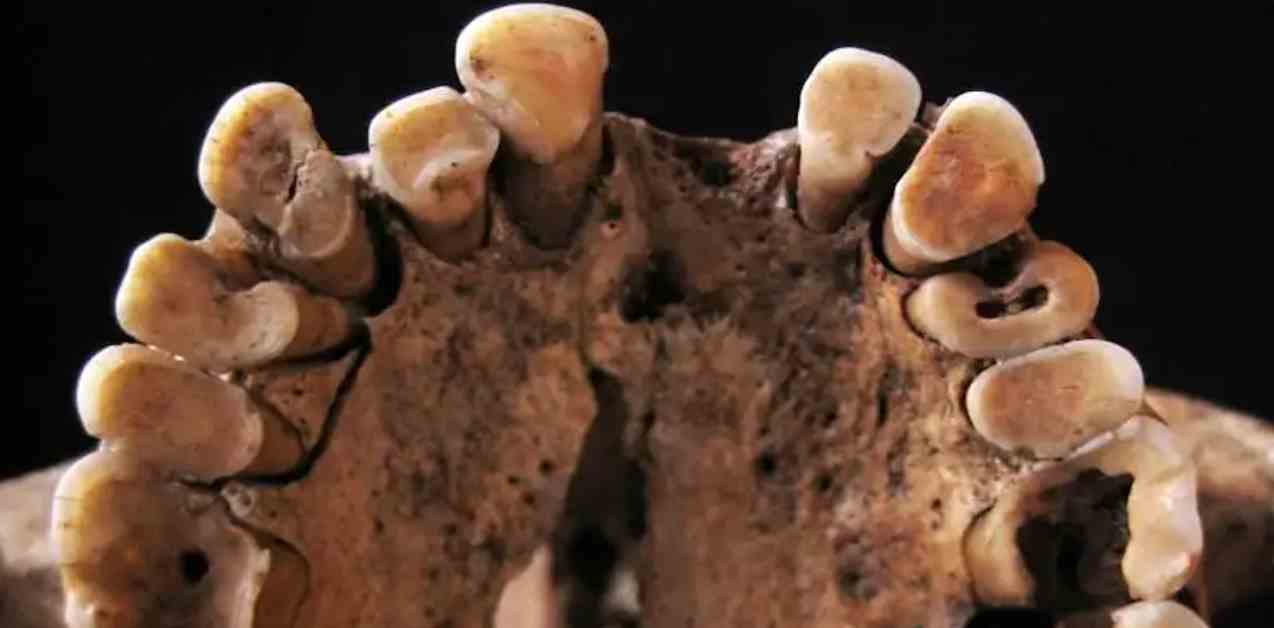Hunter-gatherer diets weren’t always heavy on meat: Morocco study reveals a plant-based diet
About 11,000 years ago, humans made a major shift from hunting and gathering to farming. This change, known as the Neolithic Revolution, dramatically altered our diets. For decades, scientists have thought that pre-agricultural human groups ate a lot of animal protein. But analysis has always been hampered by a scarcity of well-preserved human remains from Pleistocene sites. So, in fact, little is known about the dietary practices of that time.
A PhD candidate studying this subject in Morocco and part of a research team uncovered new insights into the Stone Age diet. Using novel research techniques, evidence was found that Late Stone Age hunter-gatherer ancestors in north Africa had a heavily plant-based diet, thousands of years before the advent of agriculture. This challenges the long-held belief that hunter-gatherers primarily relied on animal protein and adds to what’s known about pre-agricultural diets across different regions.
Imagine being able to tell what someone ate thousands of years ago just by examining their bones and teeth. Thanks to isotopic analysis, scientists can study tiny chemical markers in bones and teeth to understand ancient diets. An international team of scientists analyzed the teeth and bones of people buried in Taforalt Cave in Morocco, revealing surprising insights. While some meat consumption was evident, the diet primarily relied on wild plants, with minimal evidence of seafood or freshwater food consumption.
The findings challenge the traditional view that a heavy reliance on plant-based diets started only with agriculture. The Iberomaurusians were consuming a lot of wild plants 8,000 years before farming began in Morocco. This suggests that early humans were more adaptable and resourceful in their dietary habits than previously thought, shedding light on how these people adapted to their environment long before farming began.
This study not only provides a fascinating glimpse into ancient dietary practices but also highlights the importance of understanding the foundations of human nutrition through innovative isotopic techniques.


